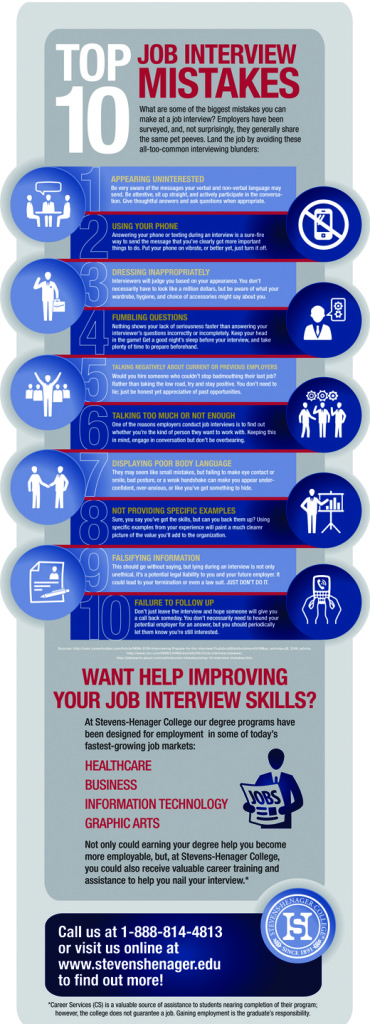by Alice Young
 During economic down-turns and hard times lots of companies put the brakes on the Learning and Development department and before you know it, that Project Management course that your boss told you was essential for you to be considered for that next level role is no more than a pipe dream.
During economic down-turns and hard times lots of companies put the brakes on the Learning and Development department and before you know it, that Project Management course that your boss told you was essential for you to be considered for that next level role is no more than a pipe dream.
So in these constantly changing times how can you take ownership of your own personal development whilst at work?
1) Formal courses
Of course the stereotypical way that we think of “developing” ourselves is by attending a course. And as long as these are the “right” courses, and delivered in a way that plays to your personal “learning style” (we’re all different on this – some like lectures, others prefer a team focused approach, others learn visually, others through activity based learning), then this will be a productive use of your time, and you might even get a professional accreditation from it that you can add to your resume.
But do your homework before you sign up. Ask the course organizer why this course is being run (i.e. how and why this course was selected), how they’d describe the facilitator style, what are the intended learning outcomes, how many other people are on the course, and of those, how many are from your company. Then make a call as to whether you feel this is the right course for you, and if not, research one that you feel is more appropriate and ask your manager if you can attend that instead.
2) Stretch or inter-department projects
A lot of people view projects as “additional” work. I view them a) as great learning opportunities, b) as great networking opportunities, and c) as an opportunity to raise your profile in the business, particularly if you’re on a cross-cutting or inter-departmental project. In order to formally gain the most from the experience (and make sure you’re not just doing extra work), make sure the project and it’s outcomes are entered into your performance appraisal, with success measures and learning outcomes (if your organization has a performance appraisal process).
Worried about signing up for a stretch project? Don’t be. Just agree with the project “owner” at the outset that whilst you bring a,b and c to the table, ultimately this is a developmental experience for you (and way cheaper than going on a course). Then breathe. And enjoy. You know what they say – you learn more from your mistakes, and sometimes not having all the answers is good for you, even if it feels uncomfortable.
3) Innovate and problem solve
You know that issue that everyone works around? (eg the HR database doesn’t talk to the Finance database and 7 people spend 2 days at month-end inputting and verifying data in order to get staff paid). Well instead of working around it, work it out!
This is a key example of 2, except that the organization might not be acknowledging that it’s an issue (because to do that means that resources should be allocated into resolving the problem). So don’t just complain about it, put together a business case to resolve it, gain buy-in from your manager and key stakeholders and go for it. Never managed a project team before? Well now is the time to learn 🙂 And anything’s got to be better than 7 people spending 2 days verifying data – yawn. Your team and those around you will love you once it’s all resolved.
4) Find a mentor
Does your company have a formal mentoring program? If not, that’s ok, you can still find a mentor yourself, internally, or externally. Have a think about what you feel you would gain from a mentoring relationship and what sort of mentor would suit you, and set some goals accordingly. Then speak with your manager and your HR team about whether they can help source a mentor for you. If not, look through LinkedIn at your own connections, and the connections of your connections. If approached appropriately, many people are delighted to be mentors. If you’re not comfortable with this approach you could try one of the many mentoring services that are now in place i.e. Propellher (indeed there’s some good tips on their site about mentoring relationships, how to set goals etc)
5) Shadow someone in a different department
A great way to get to know your organization in a deeper way is to shadow someone who does a completely different job from you. You can have been working at a company for years and still get a new perspective on the organization, what it does and how, by spending a few days walking in another team member’s shoes. Make sure you share your experience by talking about what you’ve learnt at a team meeting afterwards.
6) Sign up for a volunteering opportunity
Does your organization have a community or Corporate Social Responsibility program? Have you ever signed up on it? If not – you should! A recent study by the UK based HR body, the Chartered Institute of Personnel Development has found that volunteering programs deliver many benefits for participants, not least: enhancing professional knowledge, workload management, internal networking, community understanding, team work, creativity, self awareness, personal confidence, communication, coaching and mentoring. That’s a lot of courses you’d have to attend to gain all those skills, and they’re all rolled into one experience!
So quite simply the message is, if you want to be at the forefront of your career, you need to keep learning, no matter how much of a technical expert you are. And the best way to do this? Don’t sit back and wait for permission to attend a course. Instead, [Tweet “Create your own learning plan based on what you want to be doing in your career”] in 5 or 10 year’s time and strategically start placing the building blocks of increasing your skill-set so that you can get there. Of course, you still have to perform in your day job, but if you’re prepared to go the extra mile you’ll find that constantly learning will leapfrog you ahead of the crowd over your next few career moves.
[Tweet “Career Tip to Go: Keep Learning!”]
Like more career tips to go?
[mc4wp_form id=”1429″]



